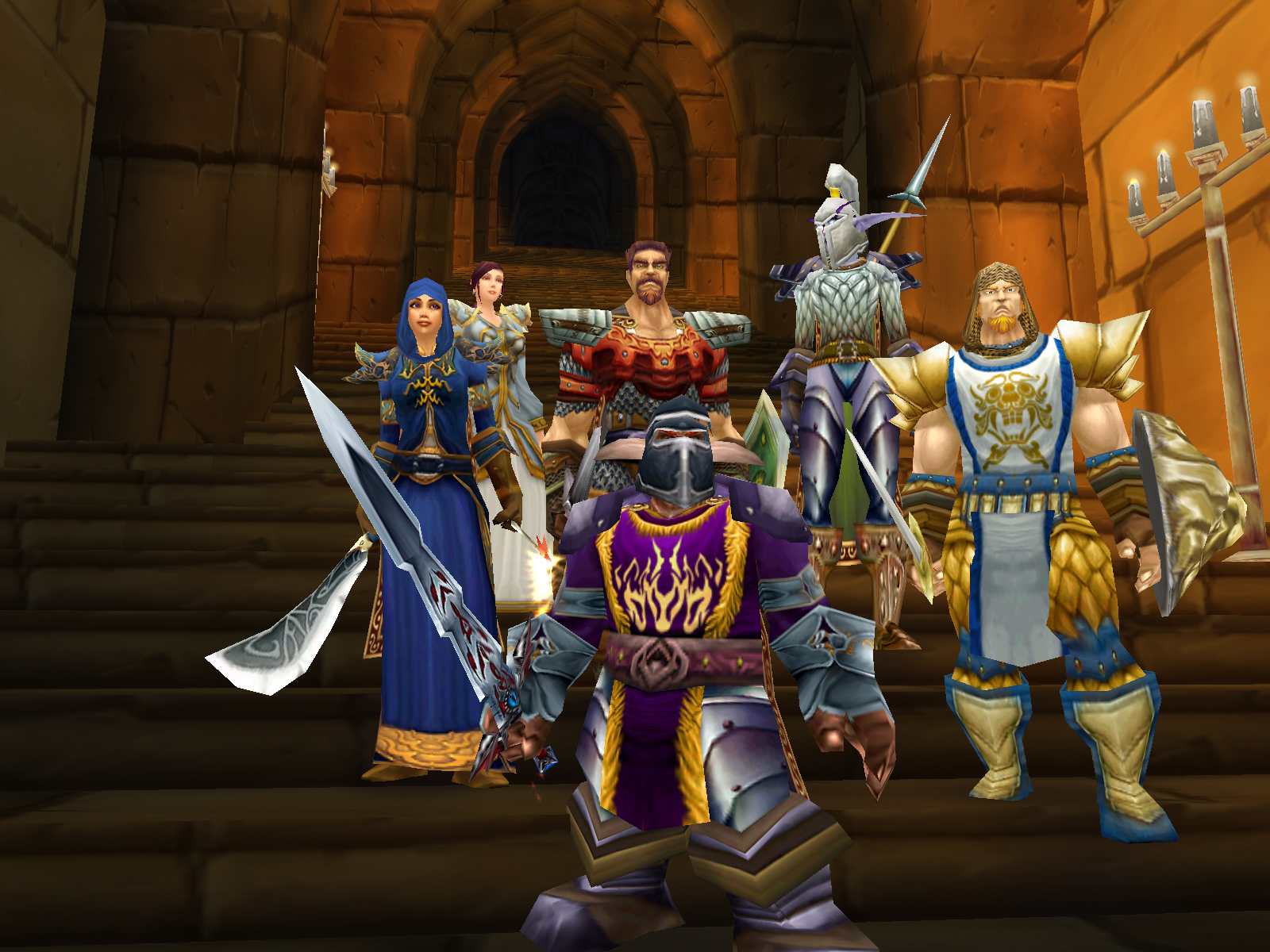
The only downer is a basic undeniable fact that Google can’t do anything about: LIFE was an oversized tabloid-format publication–taller than it was wide–and computer displays are defiantly horizontal, and limited in resolution. Reading LIFE in your browser feels a little like scanning through issues using a virtual microfilm machine, despite conveniences such as thumbnails of pages and a zoom feature. (Tip: For the best reading experience, choose the full-screen mode and the facing-pages view, then zoom the magazine to fill the screen. You’ll still have to squint a little, but it’ll be worth it.)
Okay, Google Books does offer one feature that makes its LIFE archive infinitely more useful than microfilm could ever be: full-text searching of the magazine’s entire history. That’s how I’m finding gems like this 1963 feature on Polaroid’s first 60-second film and this 1964 ad for a Sony TV with a four-inch screen. There are still things about Google Books’ interface I don’t understand, such as why there doesn’t seem to be any browsable list of magazine titles that would make it easier to locate a particular publication. (LIFE is plastered all over over the Google Book home page at the moment, but when they bump it for something else it’ll be surprisingly difficult to find.) I also can’t figure out a way to search a particular publication, then sort the results by date. (I wanted to see when LIFE first mentioned computers, a topic it would cover heavily over the years.)*
But I feel guilty for being critical here–LIFE on Google Books may not be perfect, but that doesn’t prevent it from being sheer joy.
________________________________________
*I just figured out how to do this–it involves using advanced search and then entering the name of the magazine in a field confusingly labeled “Return books with the title.” Which brings up a question: Should all the magazines currently living in Google Books be spun off into something called Google Magazines?

 You know a video game is popular when it spawns its own magazine.
You know a video game is popular when it spawns its own magazine. Good news for Bostonians, traditionalists, and computer-history junkies: Out of Town News, the 54-year-old newsstand in the heart of Cambridge’s Harvard Square, won’t be closing after all. The kiosk that
Good news for Bostonians, traditionalists, and computer-history junkies: Out of Town News, the 54-year-old newsstand in the heart of Cambridge’s Harvard Square, won’t be closing after all. The kiosk that  JPG Magazine, the publication consisting entirely of photos submitted by its readers,
JPG Magazine, the publication consisting entirely of photos submitted by its readers, 
 Who says magazines are dead? Sure, ones printed on wood pulp are
Who says magazines are dead? Sure, ones printed on wood pulp are